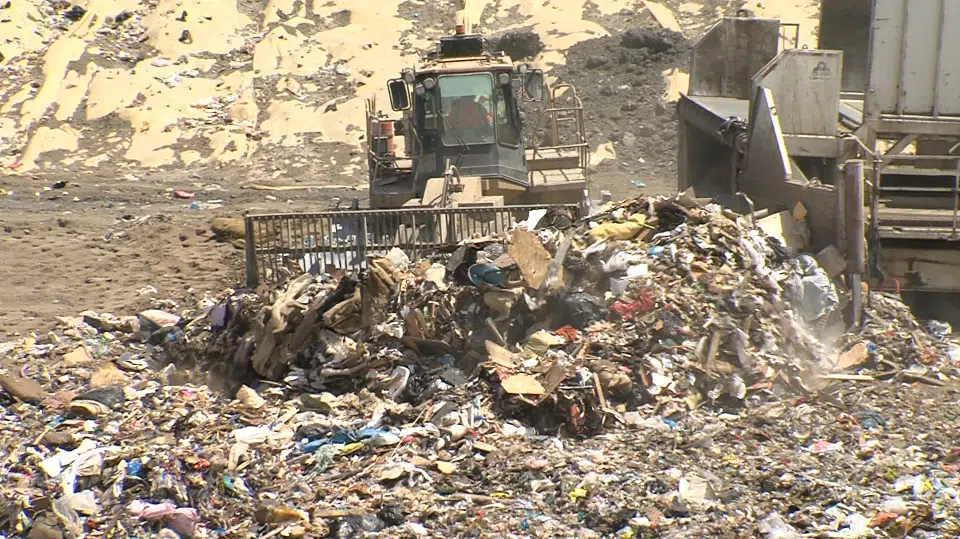
GINTA: We can save ourselves from being buried in our own waste
IT’S AN UNFORTUNATE HUMAN-SPECIFIC ATTRIBUTE that many of us do not adopt change unless some catastrophic events ensue. It is good times we are living in, defined by abundance and shall we say, excess, whether it is food or everyday life items. For the latter category, we have so much we’re spoiled rotten.
No pun intended, but that’s where my story is heading. To the rotting part, which waste in general lends itself to. Less so plastic, which ‘rots’ in its own way, which we can more accurately call leach. More so when piled high in heaps ‘two storeys high and spanning the length of two football fields’ somewhere in Malaysia, according to a CBC news story that documented the issue recently. Yes, again.
Every year, Canadians use 3.3 billion tonnes of plastic and a meager nine per cent gets recycled. The rest goes to the landfill or adds to the plastic pollution in our natural environment or gets fraudulently shipped across the world to a country where it is expected to magically vanish, which it doesn’t. Either way, it’s out of (our) sight, therefore out of (our) mind. Others are not so lucky. People in countries where our waste is sent are plagued by severe health issues, because that’s what improperly managed waste does.
Most of us expect that our blue bin contents go to a recycling depot where everything gets sorted and sent towards a new life. Recycling feels good, but as stated many times before, it’s a bit of an illusion. According to a government report, 86 per cent of plastics end up in the landfill. The same report estimates that by 2030, the lost financial opportunity related to unrecycled plastics could reach CAD $11.1 billion. That would mean a lot of jobs and money to be spent for worthy projects.


